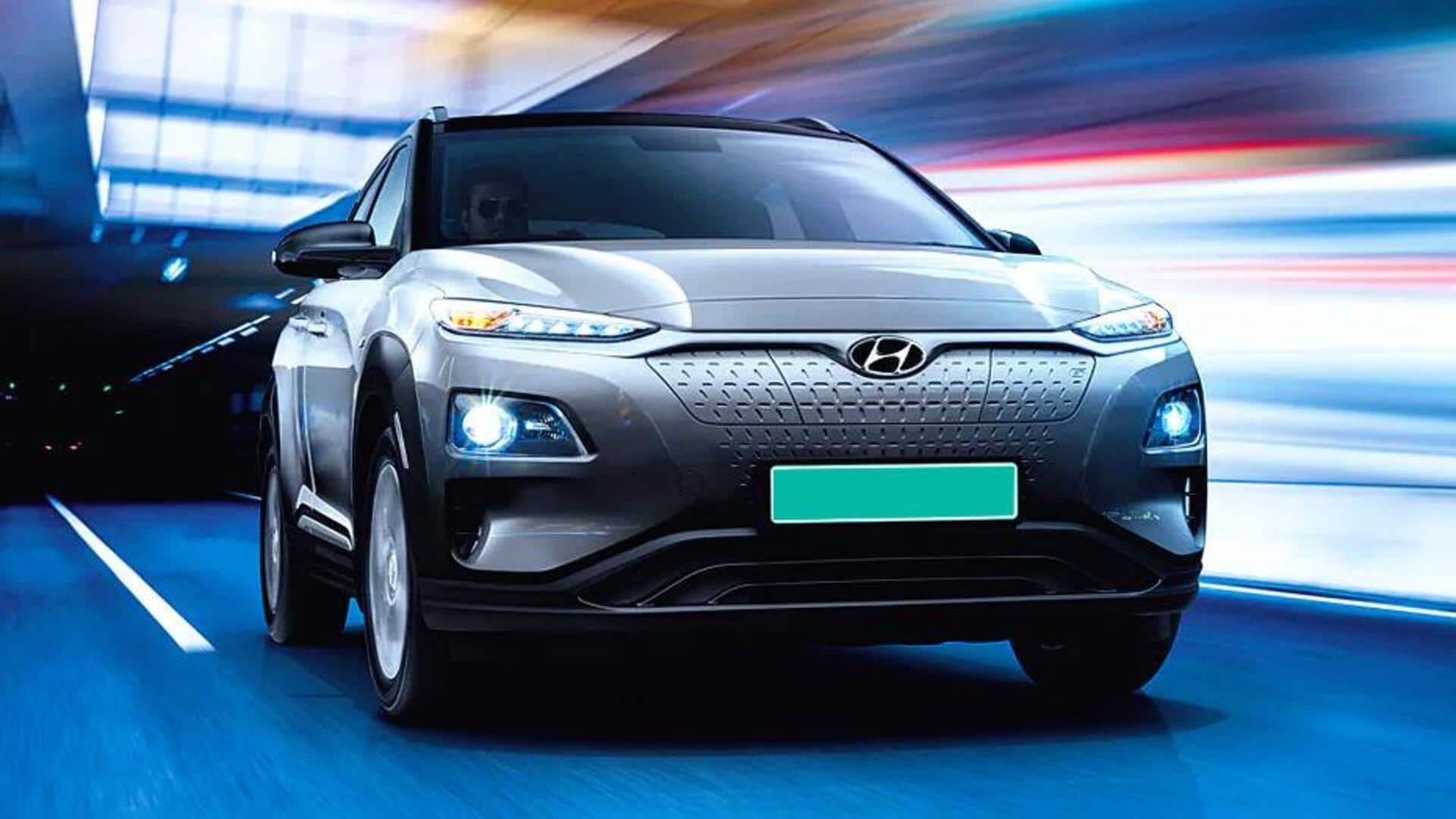
Hyundai partners with Exide for EV battery production in India
What's the story
Hyundai and Kia Motors have announced a strategic partnership with Exide Energy Solutions, to boost their electric vehicle (EV) growth strategies in India.
The alliance aims to localize the manufacturing of EV batteries, especially focusing on lithium-iron-phosphate (LFP) cells.
This partnership has been formalized via a Memorandum of Understanding (MOU), signed at Hyundai's Namyang Research and Development Center in South Korea.
EV expansion
Hyundai, Kia to pioneer domestic battery use in India
The collaboration with Exide Energy is expected to position Kia and Hyundai as pioneers, in the use of domestically manufactured batteries for their upcoming EV cars in India.
According to a press statement from Hyundai, this partnership marks the start of their efforts to expand exclusive battery development, manufacturing, supply, and partnerships within the Indian market.
Strategy
Local battery production key to cost competitiveness
The President and Head of Hyundai and Kia's R&D division, Heui Won Yang, underscored the importance of India in vehicle electrification.
He emphasized that achieving cost competitiveness via local battery production is crucial.
Yang believes that the partnership with Exide Energy Solutions will equip Hyundai and Kia's future EV models in India, with locally produced batteries.
Strategic vision
Kia reveals future plans for the Indian market
Earlier this month, Kia unveiled its strategy for the Indian market at Investor Day 2024.
The President and CEO of Kia, Ho-Sung Song, announced plans to launch two dedicated cars in emerging markets, including the Kia Carens EV.
The company's goal is to enhance product competitiveness, generate new demand through Purpose-Built Vehicles (PBVs), and distinguish the brand by offering superior customer experiences, and diversifying manufacturing bases in emerging markets.
Market forecast
Hyundai, Kia anticipate significant EV growth in India
On a global scale, Kia Motors plans to launch 15 EV models by 2027, while Hyundai aims to roll out five EVs by 2032.
The South Korean automaker predicts hefty growth in the Indian market, expecting India to retail 50 lakh passenger cars by 2030.
SUVs are projected to account for 48% of total sales, and EVs are anticipated to make up 30% of that figure.